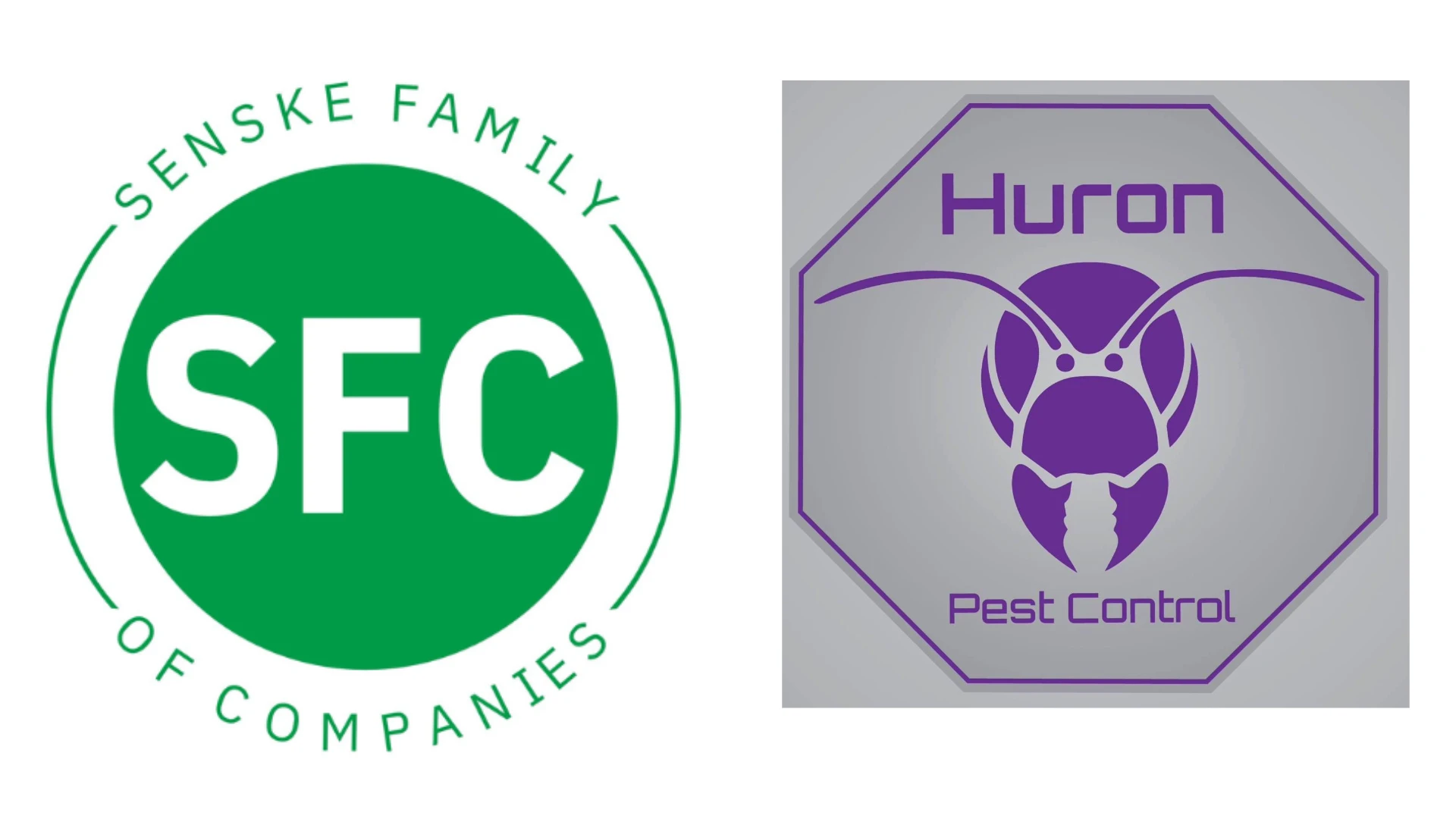You’ve likely never heard of Dr. John Eng, but if you’re one of nearly 26 million Americans who suffer from diabetes, you may be familiar with his work. More than 20 years ago, supported by funding from the Department of Veterans Affairs, Eng set out to build upon earlier research by scientists at the National Institutes of Health. Those scientists discovered that the venom of some animals can impact the human pancreas, the organ in diabetics that fails to produce proper amounts of insulin, resulting in a range of debilitating health problems from blindness and nerve damage to kidney failure and heart disease.
While studying the saliva of the Gila monster, a poisonous reptile native to the American Southwest, Eng discovered a compound he called Exendin-4 that stimulates the production of insulin. To draw attention to his research, Eng purchased a booth at the American Diabetes Association Annual Convention where his discovery caught the eye of representatives Amylin Pharmaceuticals, a small biotechnology firm based in San Diego, Calif. After several years of additional research, the company introduced a new drug called exenatide, sold under the trade name Byetta, which helps diabetics manage their condition. The drug was approved by the Food & Drug Administration in 2005.
A generation ago, Dr. Eng’s work studying the saliva of a common reptile may have earned him ridicule rather than acclaim. In fact, for those of you old enough to remember, there’s a reasonable chance the good doctor would have received one of the late Sen. William Proxmire’s (D-WI) infamous “Golden Fleece” Awards, a monthly “honor” created by the six-term legislator designed to draw attention to the evils of government waste.
Fortunately, thanks to the efforts of the American Association for the Advancement of Science and foward-thinking legislators like Congressmen Jim Cooper (D-TN) and Charlie Dent (R-PA), as well as our industry’s own Robert Dold Jr., who represented Illinois' 10th Congressional District from 2010-12, Eng’s work was honored at the “Golden Goose” Awards earlier this month in Washington, D.C.
According to the organization’s website, “The purpose of the ‘Golden Goose’ award is to demonstrate the human and economic benefits of federally funded research by highlighting examples of seemingly obscure studies that have led to major breakthroughs and resulted in significant societal impact.”
“This was a bi-partisan effort to highlight the benefits of science,” Dold told PCT. “Frankly, we need to highlight all the great things that are occuring in the sciences so we are encouraging our young people to pursue careers that find solutions to problems.”
“Dr. Eng’s research demonstrates the necessity of federally supported basic research,” added Rep. Dent. “In 1992, there was no way of knowing that Gila monster venom contained a compound that would one day change the lives of millions of diabetics. We owe it to future generations to lay the groundwork now for tomorrow’s breakthroughs.”
“Dr. Eng’s research shows that we can’t abandon science funding only because we don’t know where it might lead,” said Rep. Cooper.
Is every federal research project money well spent? Probably not. Have ill-conceived or downright ludicrous research studies been funded in the past by the U.S. government? No doubt. But, on balance, like Robert Dold Jr., I choose to support those men and women who think differently about the world, who look at a Gila monster and don’t simply see a common lizard, but a creature with untapped scientific possibilities that could have a positive impact on the health of millions of people around the globe.
The author is publisher of PCT magazine.
WANT MORE?
Enter your email to receive our newsletters.

Explore the September 2013 Issue
Check out more from this issue and find your next story to read.
Latest from Pest Control Technology
- Webinar: Employee Incentives — Going Beyond the Annual Raise
- Pest Control Companies Helping Neighbors in Need Eradicate Bed Bugs
- Why Does Marketing Feel So Opaque?
- How Did This Pest Get Its Name?
- Rose Pest Solutions Honors Top Performers with Annual Chief’s Club Awards
- Doug Foster on Termite Control Equipment, Resources
- Pest Control Consultants Acquires EcoGuard Pest Control
- Pest Index Increased 9 Percent YOY in February








